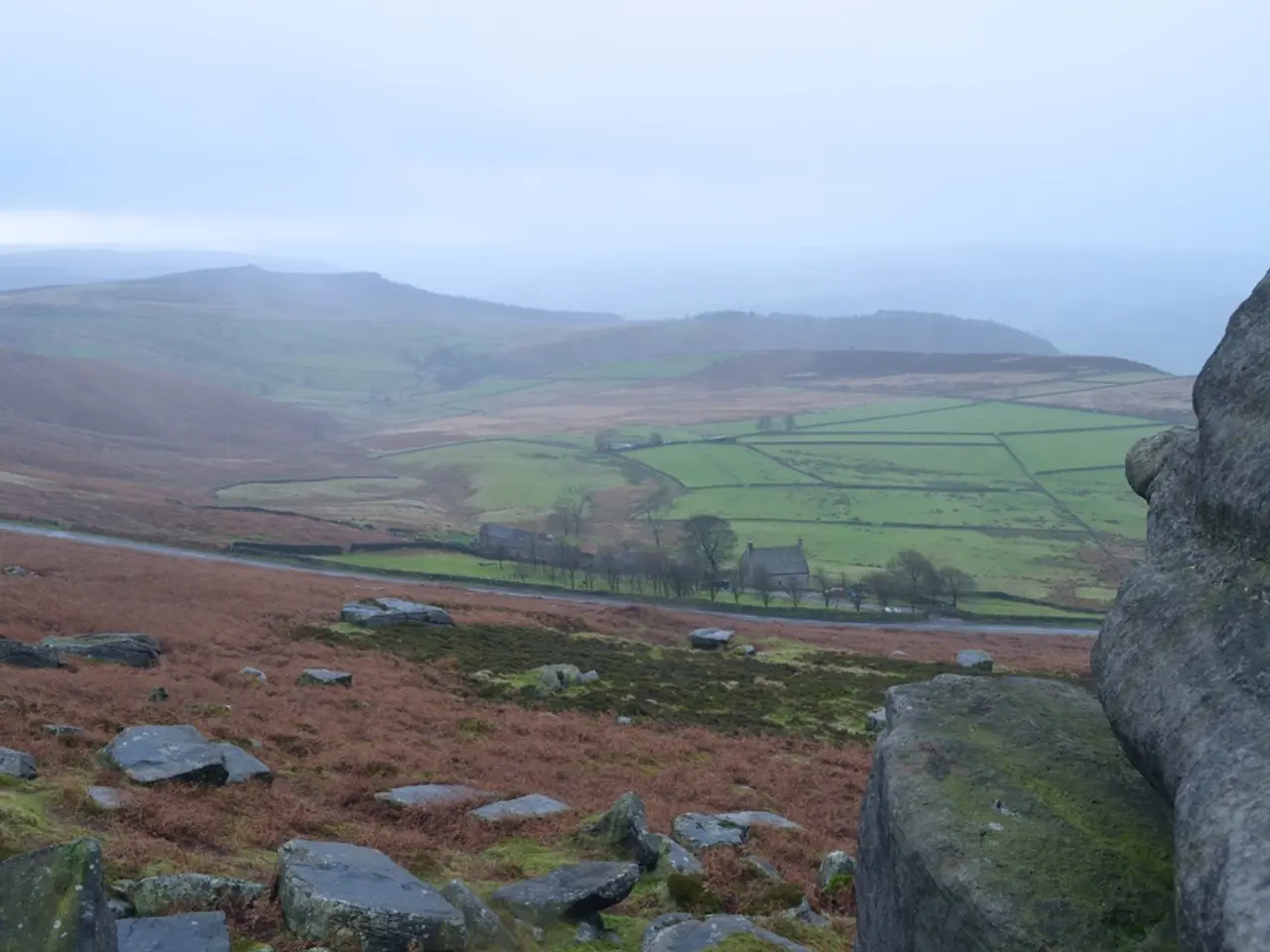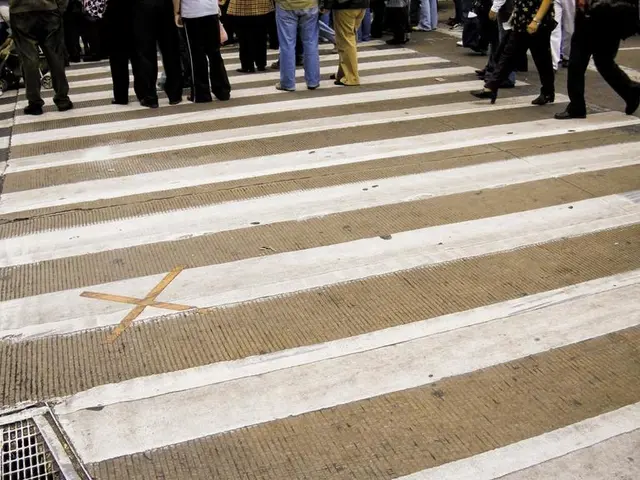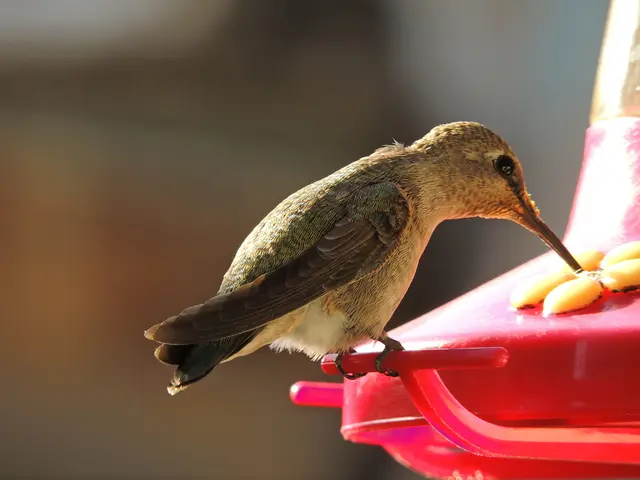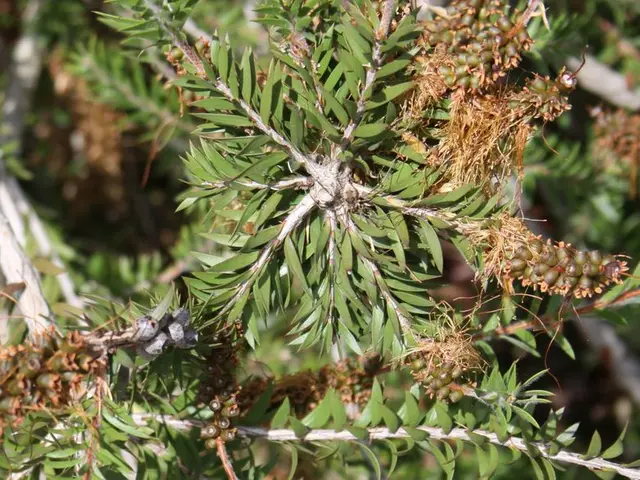Safeguarding Native Landscapes: An Examination of the Efforts to Preserve Georgia's Natural Habitats
Headline: Activists in Georgia's Rioni Valley Continue Battle Against Proposed Hunting Reserve and Hydroelectric Dams
The picturesque Rioni Valley in western Georgia has been a focal point of environmental and social activism for several years, with the latest issue being a proposed hunting reserve and earlier controversies surrounding hydroelectric dam projects.
A Unique Ecosystem Under Threat
The Rioni Valley, nestled between lower peaks and benefiting from a unique microclimate, is home to a rich biodiversity and supports local agriculture and tourism. The valley's inhabitants rely on the river for their livelihoods, with many small farms and seasonal cultivations depending on its resources.
The Struggle Extends Beyond a Single Project
The villagers view their struggle as more than just a fight against a single infrastructure project; it is a battle against investments all over the country that treat ecosystems as resources to be extracted. The planned hunting reserve is set to fence off hundreds of hectares of common forests, while building reservoirs for hydroelectric dams poses a long-term threat to the valley's fragile balance.
A River's Journey
The Rioni River originates in the Caucasus Mountains, meandering for 300 km before emptying into the Black Sea. Its course has been threatened by several hydroelectric dam projects over the past decade, sparking protests and concerns from local communities and environmental activists.
Environmental Impact and Lack of Consultation
The proposed projects have faced criticism for their potential environmental impact, including the danger to river ecosystems, endemic species, and natural water flow. Additionally, locals have reported a lack of meaningful engagement and transparency from the government and developers, as well as the possibility of displacement and loss of agricultural land due to reservoir flooding.
A Community United
In response to these threats, residents, NGOs, and activists have organized protests, petitions, and public awareness campaigns. Their demands include full environmental impact assessments, the protection of their homes, land rights, and cultural sites, the advocacy for alternative energy solutions, and legal challenges aimed at delaying or halting environmentally and socially harmful projects.
A Broader Struggle
The activism in the Rioni Valley is part of a wider movement in Georgia, where there is often tension between government priorities for infrastructure development and local community interests. The villagers in the Rioni Valley perceive their local terrains as a source of both sustenance and knowledge, and their struggle against various infrastructure projects reflects their deep bond with the riverscape.
For more detailed or recent updates on specific projects or activist groups involved in the Rioni Valley, please let me know.
Read also:
- Enhance Resilience through Varietal Crop Planning in Permanent Agriculture
- Goodbye to Art Lander, who explored Kentucky's natural beauty for 53 years as an outdoors correspondent
- Streamlined Home Support: Simplified and Protected Service
- Affordable Items Worth Adding to Cart During Amazon's Current Weekly Sale







